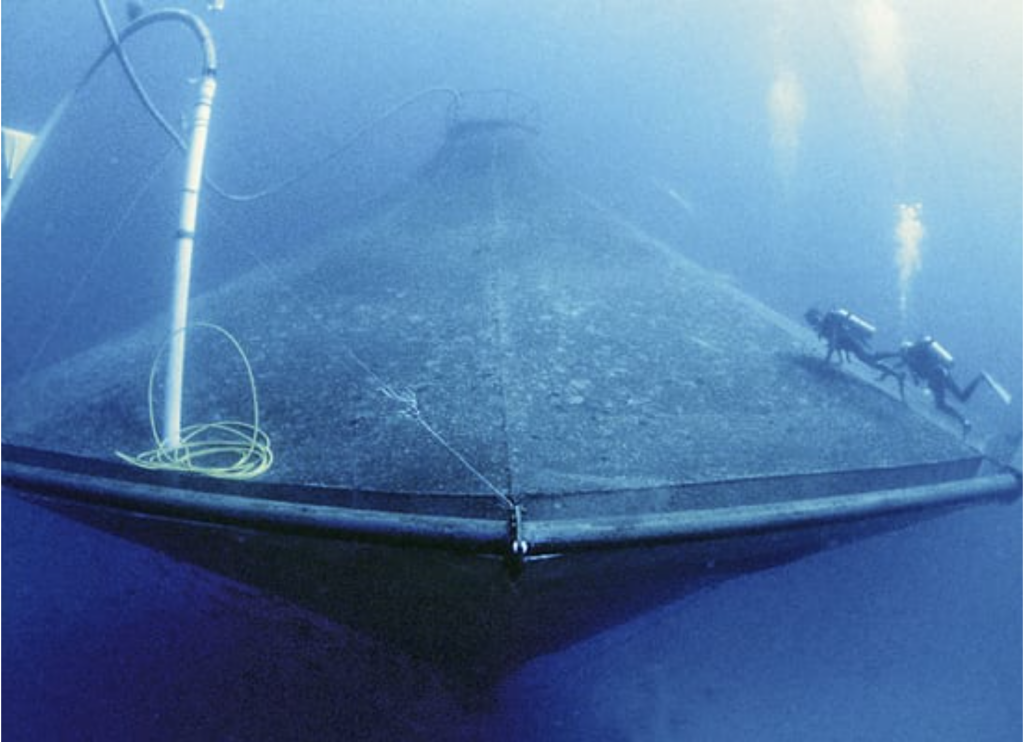In October, a trio of senators reintroduced the AQUAA Act, seeking to revise federal oversight and regulation of large-scale offshore aquaculture. Now the act is paired to dance with a House companion, brought to the floor courtesy of Reps. Stephen Palazzo (R-Miss.) and Edward Case (D-Hawaii) on Tuesday, Dec. 14.
The Advancing the Quality and Understanding of American Aquaculture Act was last introduced by Sens. Roger Wicker (R-Miss.), Brian Schatz (D-Hawaii) and Marco Rubio (R-Fla.) shortly after the Fifth Circuit Court of Appeals confirmed NMFS’s lack of jurisdiction over aquaculture leases in the Gulf of Mexico, upholding a 2018 district court ruling.
“Had Congress intended to give [NMFS] the authority to create an entirely new regulatory permitting scheme for aquaculture operations, it would have said more than ‘harvesting,’” wrote U.S. District Judge Jane Triche Milazzo in the ruling that favored fishing, environmental and public interest groups who filed the suit against the federal government to fight an expansion of NMFS’ reach into aquaculture.
A coalition of commercial fishermen, fishing organizations and community groups united to fight AQUAA, calling out the inherent risks of marine pollution, disease, antibiotic and chemical treatment, and escape events under the umbrella of large-scale offshore aquaculture.
“These impacts both degrade the environment and result in the loss of commercial catch,” the coalition wrote in a letter to NF.
The Northwest Atlantic Marine Alliance collaborated with FoodPrint to publish a report on the risks of large-scale aquaculture late last year.
“The noble promise of aquaculture — to create more food for a growing world population — has, in some cases, only repeated the errors of land-based industrial agriculture,” the report’s introduction states.
“The AQUAA Act would allow companies to effectively bypass many important government regulations designed to keep the oceans cleaner and put tighter restrictions on aquaculture,” Rosanna Marie Neil, a co-author of the report and Policy Counsel from NAMA, told Food Tank.
The AQUAA Act would allow aquaculture companies to operate three miles offshore in federal waters, close enough for the facilities’ wastewater to reach native fish populations and with the potential to harm local ecosystems that communities have maintained for hundreds of years, according to Neil.
NMFS has seemingly been planning for an eventual opening, as it’s planned “aquaculture opportunity areas” in the Gulf of Mexico and off the coast of California.
In contrast to AQUAA, the Keep Finfish Free Act, which was also reintroduced this year, aims to maintain the current congressional process to approve fishing and aquaculture in federal waters, which the EPA laid out for the Gulf of Mexico in 2019.
Many fishermen and fisheries stakeholders worry about critical community losses with an influx of industrial offshore aquaculture leases.
“These corporations stand to gain millions of dollars from industrial development, but that profit won’t be invested in our communities,” wrote Steve Scheiblauer of San Diego, and Casey Streeter of Matlacha, Fla., in a letter to NF this summer.
That sentiment is echoed in the NAMA report that explains the value of regional aquaculture policies, which help ensure sustainability in fish-farming practices tailored to the needs of the area. In contrast, the report says, giving a single government organization control over a diverse range of ecosystems is dangerous to coastal communities as well as ocean habitats.







